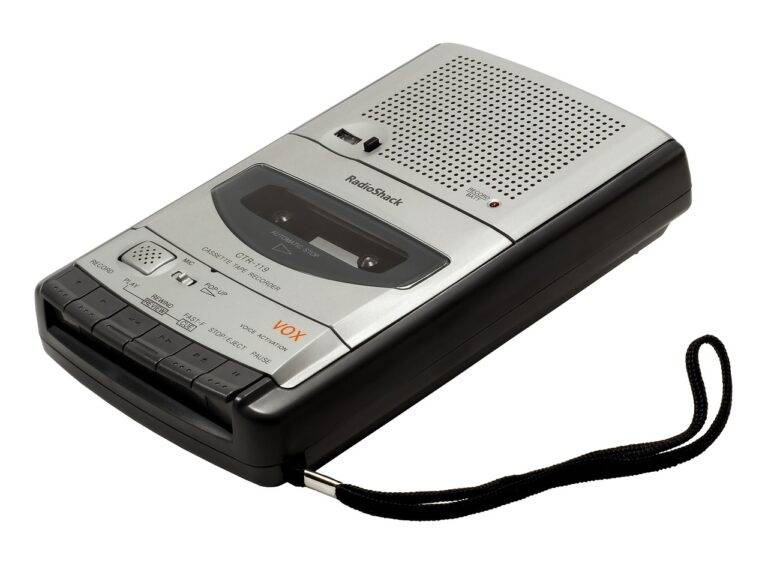Event Budgeting 101: Tips for Effective Cost Management: 11xplay pro, Diamondexch9, Sky exchange bet
11xplay pro, diamondexch9, sky exchange bet: Organizing an event can be an exciting and rewarding experience, but it can also be a costly one if you’re not careful with your budgeting. Effective cost management is crucial to the success of any event, whether it’s a small company gathering or a large-scale conference. To help you stay on track financially, here are some tips for event budgeting 101:
1. Set Clear Goals and Objectives:
Before you start planning your event, it’s important to define your goals and objectives. What do you want to achieve with the event? Are you looking to increase brand awareness, generate leads, or simply provide a fun experience for attendees? Having clear goals will help you prioritize your spending and make informed decisions when it comes to budgeting.
2. Create a Detailed Budget:
Once you have a clear understanding of your goals, it’s time to create a detailed budget. List out all potential expenses, including venue rental, catering, marketing materials, and staff costs. Be sure to also include a buffer for unexpected expenses that may arise during the planning process.
3. Prioritize Expenses:
Not all expenses are created equal. Prioritize your spending based on what will have the most impact on achieving your event goals. For example, if networking is a key objective, you may want to allocate more of your budget to food and beverage options that encourage mingling among attendees.
4. Negotiate with Vendors:
Don’t be afraid to negotiate with vendors to get the best deals possible. Many vendors are willing to work within your budget constraints if it means securing your business. Be upfront about your budget limitations and see if there are opportunities for discounts or value-added services.
5. Keep Track of Expenses:
Throughout the event planning process, it’s important to keep track of expenses to ensure you’re staying within budget. Use a spreadsheet or budgeting software to monitor spending and make adjustments as needed. This will help you avoid any last-minute surprises when it comes time to settle invoices.
6. Evaluate ROI:
After the event is over, take the time to evaluate the return on investment (ROI) of your event. Did you meet your goals? Did the event generate the desired outcomes? Use this information to inform future event budgeting decisions and make improvements for next time.
FAQs:
Q: How far in advance should I start budgeting for an event?
A: It’s best to start budgeting for an event as soon as possible. The more time you have to plan and allocate funds, the better prepared you’ll be to stay within budget.
Q: How do I handle unexpected expenses that arise during the event?
A: It’s important to have a contingency fund built into your budget to cover any unexpected expenses that may arise. If possible, try to negotiate with vendors to see if there are ways to reduce costs or reallocate funds to cover unexpected expenses.
Q: What are some cost-saving tips for event budgeting?
A: Consider hosting your event during off-peak times to save on venue costs, utilize online marketing tools to reduce print material expenses, and explore partnerships with sponsors or other organizations to offset costs.
By following these tips for effective cost management, you’ll be well on your way to planning a successful event without breaking the bank. Remember to stay organized, track expenses closely, and prioritize spending based on your event goals. With careful planning and budgeting, you can host a memorable event that meets your objectives and stays within budget.







